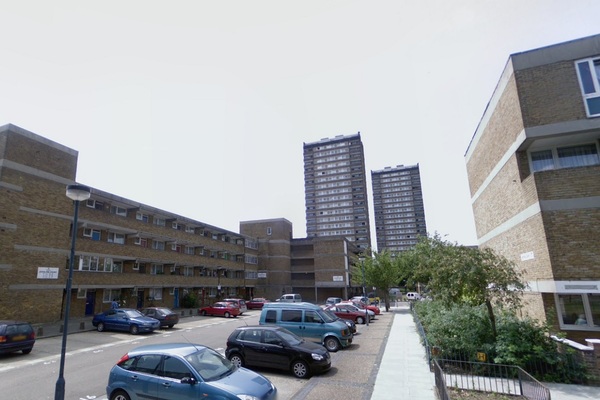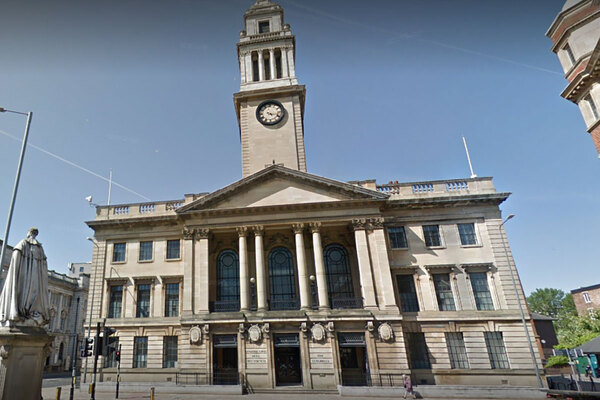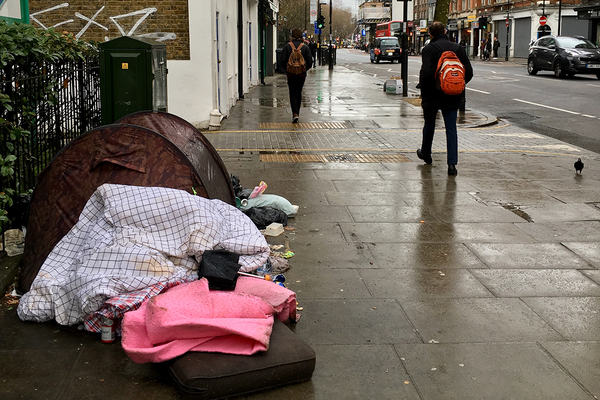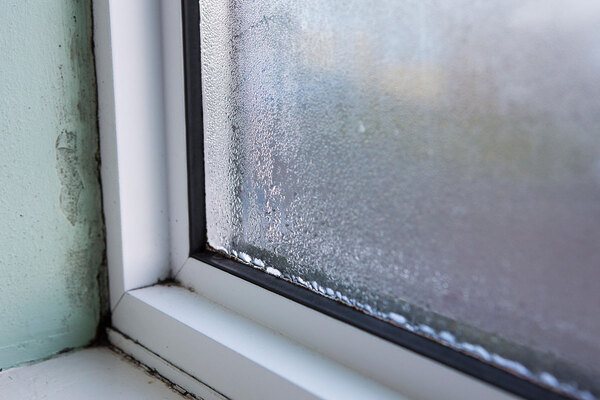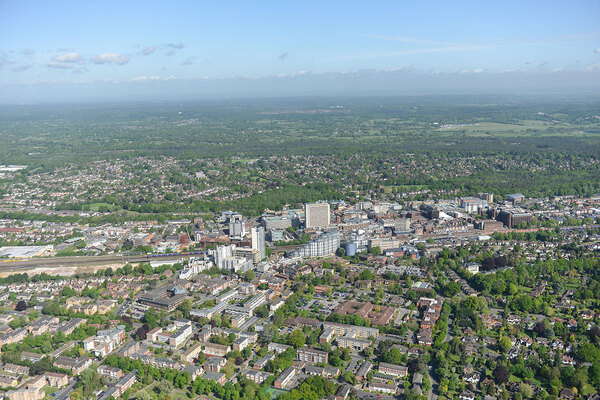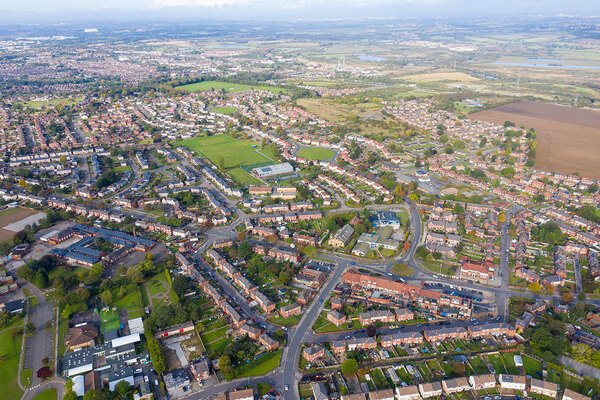You are viewing 1 of your 1 free articles
Housing Ombudsman to investigate damp and mould problems in sector
The Housing Ombudsman is launching its first “thematic investigation” into damp and mould in the sector as part of its newly enhanced powers.
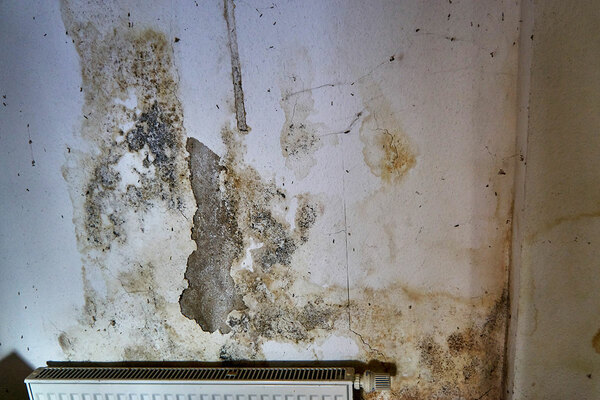
A call for evidence has been made to member landlords and residents as part of the investigation, which will see the complaints arbitration service make recommendations for the sector and share best practice.
An initial review of the ombudsman’s case data found that 55% of the 112 cases featuring damp and mould falling within the service’s remit over the past two years were determined to have involved maladministration by the landlord.
The failings often led to large sums of compensation being paid to residents, with the ombudsman ordering payouts totalling £68,000 over the same period.
That figure indicates “a significant impact on residents in some cases”, the ombudsman said.
There has previously been a number of high-profile cases of damp and mould issues within social housing.
Most recently, reporting by ITV News exposed poor conditions within a tower block owned by Croydon Council, including walls turned entirely black from mould and sodden carpets due to heavy leaks.
The damp and mould investigation comes after the publishing of a report by the Housing Ombudsman on complaints about heating, hot water and energy in social housing.
Both are part of a move by the ombudsman to start looking beyond individual disputes to identify wider issues being faced by residents within the social housing sector.
Following the Grenfell Tower fire, the Housing Ombudsman has received tougher powers, which have also seen it begin publishing landlord performance reports and details of all of its investigations.
The final report on damp and mould in the sector will be published in the autumn.
Richard Blakeway, housing ombudsman, said: “A decent home is a fundamental need but the impact of damp and mould can be significant on households, their health and their life chances.
“Our casebook gives cause for concern, with a high maladministration rate and sometimes substantial levels of compensation, although I am also concerned that we are not seeing cases where we could help, and want to investigate further into this issue.
“Using our new powers, we want to look in-depth at the response of social landlords to damp and mould issues. I want us to make far-reaching recommendations to promote greater understanding and learning, helping landlords develop their approach to the benefit of residents.
“This is an important and timely investigation, and we are inviting residents and landlords, whether we have handled complaints with them or not, to contribute to this investigation alongside the evidence from our casebook. We look forward to your submissions.”
Sign up for our regulation and legal newsletter
Already have an account? Click here to manage your newsletters


